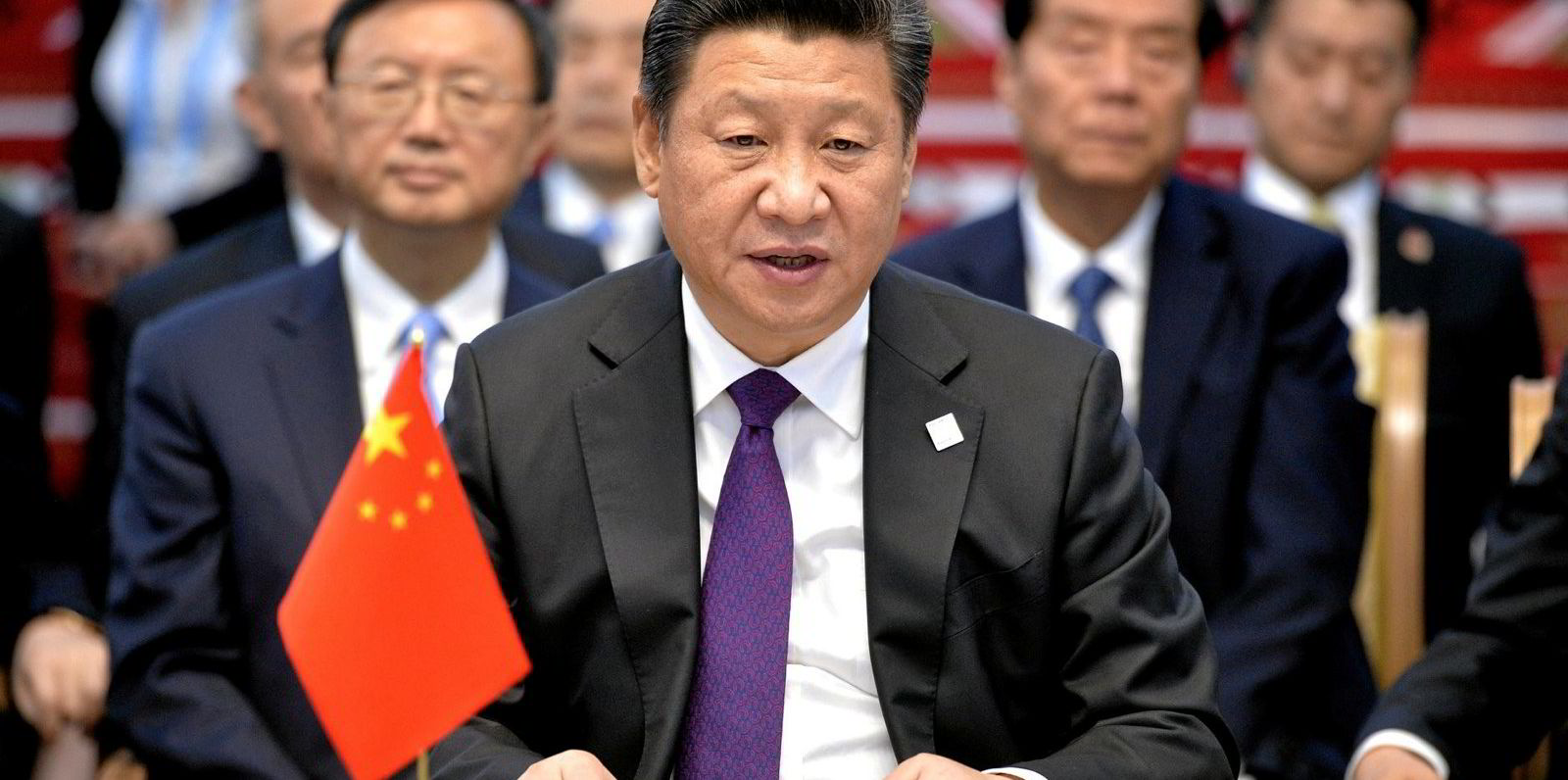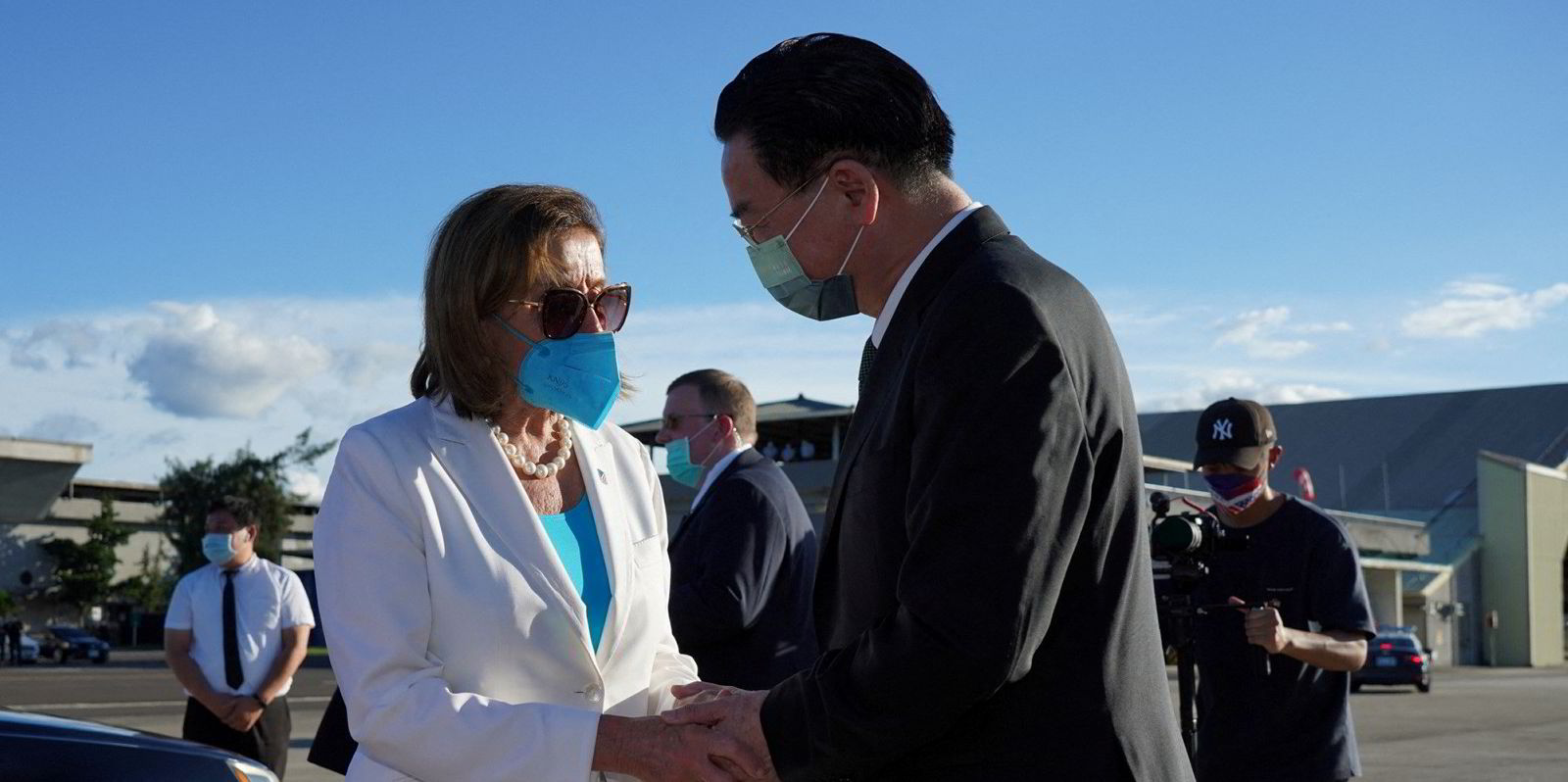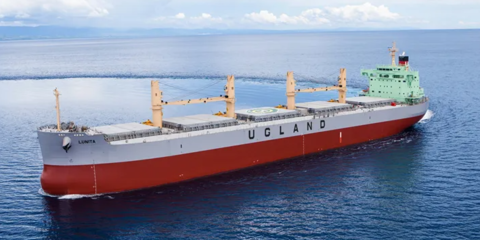Maritime security firm Dryad Global said it does not expect an escalation of upcoming Chinese military exercises off Taiwan after Beijing established six no sail zones in the region.
But it cautioned political tension in the region is likely to remain high for some time following the controversial visit of US House of Representatives speaker Nancy Pelosi.
“Whilst it is likely that following the live fire drills that a degree of normality will return, the attitude in Beijing will be firmly set and this will be very difficult to unwind from by the US,” said Dryad founding partner Munro Anderson.
Although analysts have expressed concern that the military exercises could develop into full blown conflict, Dryad said this is unlikely given China’s pressing economic concerns.
“In terms of a large-scale escalation, this is unlikely in the short to medium term, China is facing a deeply troubled domestic economic environment which is likely to feature heavily in any considerations around escalation. If, however, the domestic situation worsens then an escalation around Taiwan may be an attractive distraction,” Anderson said.
He noted China has already used most of the options available to it to respond to the Pelosi visit. These included, incursions into Taiwanese domestic airspace with military aircraft, aggressive posturing by land-based forces, naval activity in the vicinity of the islands, and the setting up restricted no sail zones.
China’s posturing, he explained, has been intended to demonstrate to the international community that it can implement a blockage in the waters at short notice.
Safety threat
Alhough Dryad has said there is little chance of a short-term escalation, it is said diversions are likely to cause a safety threat to shipping in the region’s already congested shipping lanes.
“With the density of traffic already considerable within the Taiwan strait, we are advising our clients to ensure they remain compliant with international law regarding passage of the strait whilst maintaining close watch and compliance with regulations preventing collision,” Anderson said.
Shipowners are being advised of the possibility of interaction with military traffic and to be aware of the correct procedures to follow.
“Whilst we are not directly advising clients to avoid calling at Taiwan, we are advising clients to consider the potential impact on routing as a result of no sail zones and consider the potential safety implications resulting from this,” Anderson said.(Copyright)





